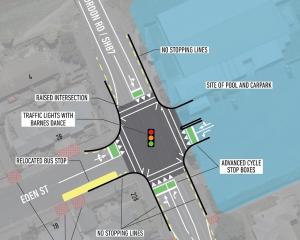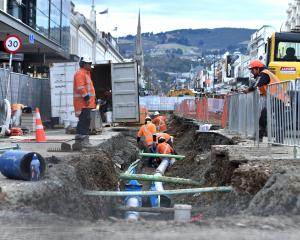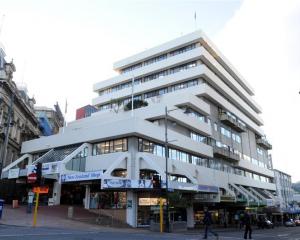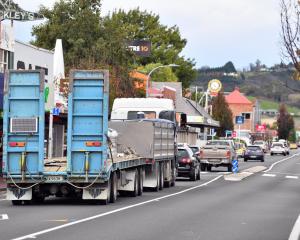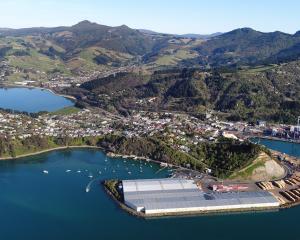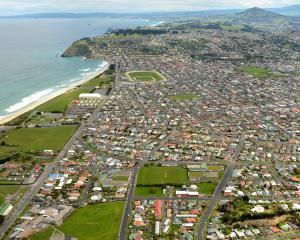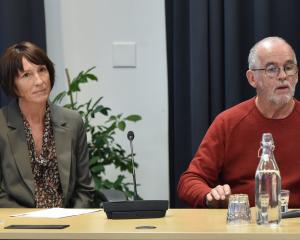A delegation from American oil giant Anadarko will be in Dunedin next week for private talks with the Dunedin City Council about offshore drilling.
However, the trip has already prompted a warning from Cr Jinty MacTavish that Dunedin was at risk of becoming the "guinea pig" for deep sea drilling in New Zealand.
She has called on the company to hold a public meeting and invite the community to discuss its plans, including the steps it would take to protect Dunedin's coastline from an oil spill should a disaster occur.
Anadarko New Zealand corporate affairs manager Alan Seay yesterday confirmed a four-strong company delegation, including Anadarko general manager of Asia-Pacific exploration Jeff Oslund, would visit Dunedin next week.
The trip aimed to "just keep people up with progress to date" and offer insights into the company's safety procedures, Mr Seay said.
Asked about Cr MacTavish's call for a public meeting, he said Anadarko had "no plans for any such meeting, at this stage".
He would not be drawn on whether the company would consider one if asked, saying only he hoped the meeting with councillors would leave them with a better understanding of safety procedures.
"That's something we know is very important and something we are seeking to provide some more information, and a degree of comfort, about."
Last month, the Otago Daily Times reported the company was "weeks or months" away from deciding whether to proceed with its $36.5 million deep-water test drilling programme in the Canterbury Basin, 65km off the Dunedin coast.
Anadarko was in a 50-50 joint venture with Origin Energy to drill the Canterbury Basin, and was considering leasing a semi-submersible oil rig to drill the area in depths of 1100m-1500m.
Mr Seay said plans were progressing, but no further details were available yet.
Cr MacTavish said legislation being drafted that would help manage the environmental impact of petroleum exploration would come too late for Dunedin.
The Exclusive Economic Zone and Extended Continental Shelf (Environmental Effects) Bill could require oil companies to obtain consents for their drilling, and consult communities about their plans.
However, the Bill was not expected to be in place until July next year.
Cr MacTavish said without it Dunedin could become New Zealand's first deep-sea drilling site for wells in depths of 1100m-1500m, without the community having a chance to express its views.
"It's a significant change from the status quo, and from that perspective I see this as really central government making Dunedin a bit of a guinea pig for deep sea drilling ... which I feel is a very dangerous precedent."
She acknowledged the oil industry could bring economic benefits to Dunedin, but believed those were outweighed by the risk of a disaster damaging the city's coastline, tourism industry and recreational opportunities.
She also worried about oil companies' ability to respond quickly to a major oil spill such as that in the Gulf of Mexico last year, and how the cost of any cleanup would be met.
Dunedin Mayor Dave Cull said when contacted next week's meeting was a chance for councillors to hear from the company and ask questions, but was a normal part of the process and did not indicate drilling was imminent.
He was not opposed to drilling off the coast as long as all appropriate safety steps - including an environmental risk assessment - were taken to protect the environment.
"Responsible companies would do that ... it's a normal thing for them to do."
The community would also expect the measures were in place "given that it's our coast".
"I'm not opposed in principle. If ... they found there were very grave risks, I might have a different opinion."


